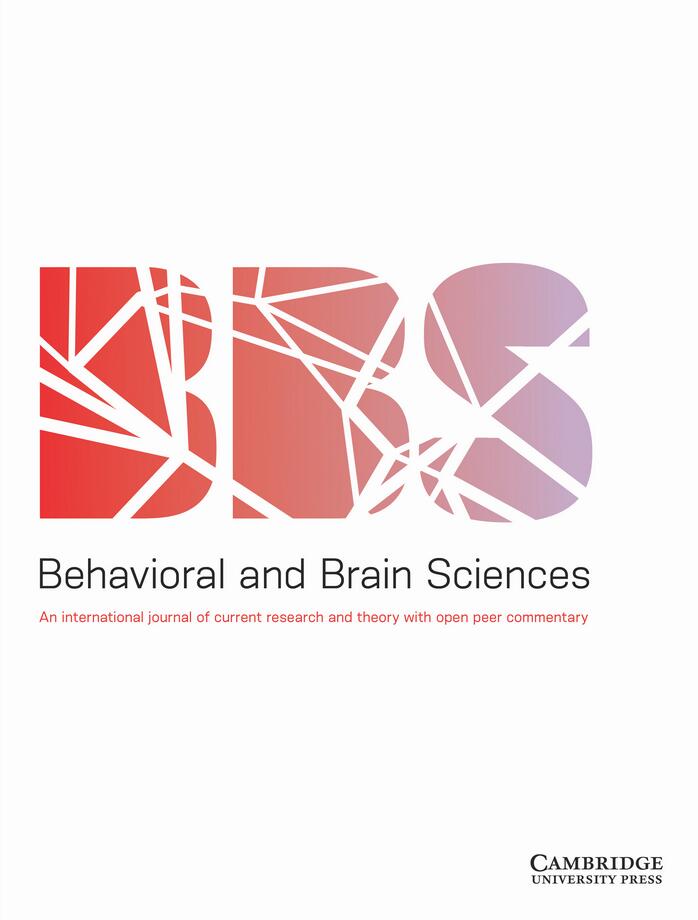了解核心知识的关键在于胎儿。
IF 16.6
1区 心理学
Q1 BEHAVIORAL SCIENCES
引用次数: 0
摘要
婴儿知道什么》一书以令人信服的理由说明了为什么婴儿期研究对于理解 "什么是人类 "至关重要。在人类发展过程中,还有一个时期相对较难进入,但却更为重要。为了真正了解核心知识、感知和认知的本质,我们不能从婴儿开始,而必须从胎儿开始。本文章由计算机程序翻译,如有差异,请以英文原文为准。
The key to understanding core knowledge resides in the fetus.
What Babies Know outlines a compelling case for why infancy research is fundamental for conceptualizing what it is to be human. There is another period in human development that is relatively inaccessible, yet is more important. In order to truly understand the nature of core knowledge, perception, and cognition, we must start not with the infant, but with the fetus.
求助全文
通过发布文献求助,成功后即可免费获取论文全文。
去求助
来源期刊

Behavioral and Brain Sciences
医学-行为科学
CiteScore
1.40
自引率
1.70%
发文量
353
期刊介绍:
Behavioral and Brain Sciences (BBS) is a highly respected journal that employs an innovative approach called Open Peer Commentary. This format allows for the publication of noteworthy and contentious research from various fields including psychology, neuroscience, behavioral biology, and cognitive science. Each article is accompanied by 20-40 commentaries from experts across these disciplines, as well as a response from the author themselves. This unique setup creates a captivating forum for the exchange of ideas, critical analysis, and the integration of research within the behavioral and brain sciences, spanning topics from molecular neurobiology and artificial intelligence to the philosophy of the mind.
 求助内容:
求助内容: 应助结果提醒方式:
应助结果提醒方式:


